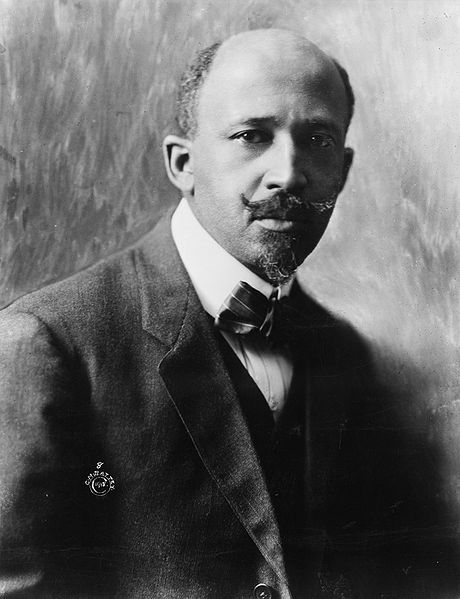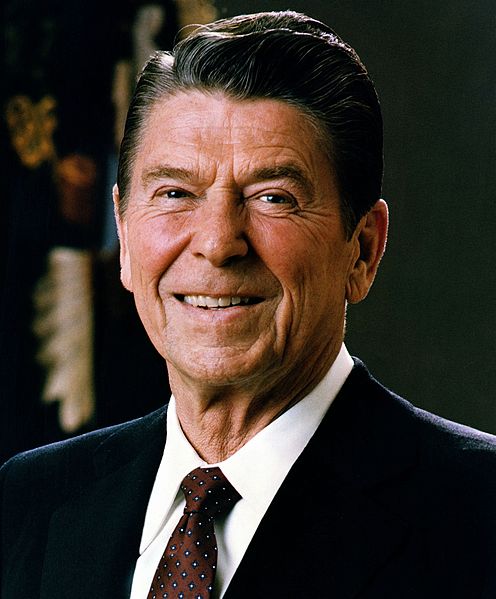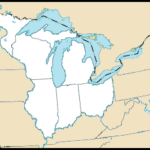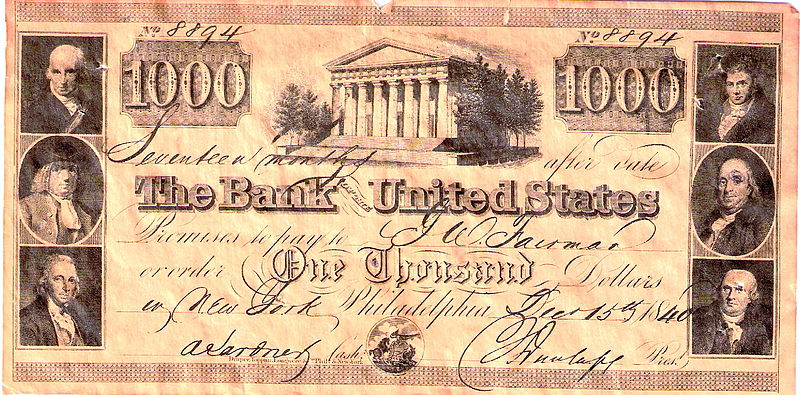The National Association for the Advancement of Colored People (NAACP) often gets talked about in terms of the Civil Rights Movement of the 1950s and 1960s, but its history starts long before Martin Luther King, Jr. Keep reading to find out what you need to know about the NAACP for the APUSH exam!
What is the NAACP?
Established in 1909, the NAACP describes itself as “the nation’s oldest, largest and most widely recognized grassroots-based civil rights organization.”
Remember the period of Reconstruction I mentioned in my blog post on The Great Migration? Well, it will be important for you to understand the period of Reconstruction and its aftermath. For simplicity’s sake, let’s break down Reconstruction into these three ideas:
- After the Civil War, the United States had to undertake the difficult task of reuniting the North and the South, as well as integrating the formerly enslaved into society.
- Historians call this period of attempted reunification between North and South Reconstruction.
- The key idea is that this reunification was only attempted, not successful: less than fifteen years into the ‘radical’ portion of Reconstruction (during which which newly freed men and women had some political and economic rights) the introduction of Jim Crow Laws accompanied by violence effectively negated the rights of former slaves.
The NAACP was founded in the period after Reconstruction, during which African American men and women saw their rights drastically limited and their lives threatened. It is this latter problem — the brutal violence that was enacted on African Americans as a means of intimidation and social control — that encouraged the formation of the NAACP.
Lynching — the killing of African Americans by angry white mobs and the subsequent public display of the bodies of the deceased — was a common practice in the United States, and in the South in particular.
In order to confront the injustices that African Americans faced after the end of Reconstruction, the NAACP was formed.
Who was involved with the NAACP?

It is important to note that the NAACP was founded by blacks and whites. Like abolition, the origin of the NAACP involved both white and black activists, including W.E.B. DuBois (shown above), Ida B. Wells, Mary White Ovington, and Oswald Garrison Villard. Even First Lady Eleanor Roosevelt would become a member of the organization, several decades later.
What else did the NAACP do?
In addition to being an advocacy organization, the NAACP — and DuBois in particular — published the black periodical The Crisis. This magazine was established in 1910 and became one of the most influential black publications of the 20th century.
Does the NAACP exist today?
Yes! Although it initially focused on lynching, the NAACP began to focus on economic justice during the Great Depression, a crisis that disproportionately affected African Americans. During the Civil Rights Era, the NAACP’s Legal Defense and Education Fund provided the funding for the lawyers, including Thurgood Marshall, who would eventually overturn the “separate but equal” policy of Plessy v. Ferguson.
NAACP members were often threatened with violence as a result of their efforts; however, as a result of their organization and communication, their work served as a blueprint for many civil rights organizers throughout the 20th century.
Interested in learning more?
Click here to visit the NAACP’s official website, and check out this list of resources related to the history of the NAACP.





